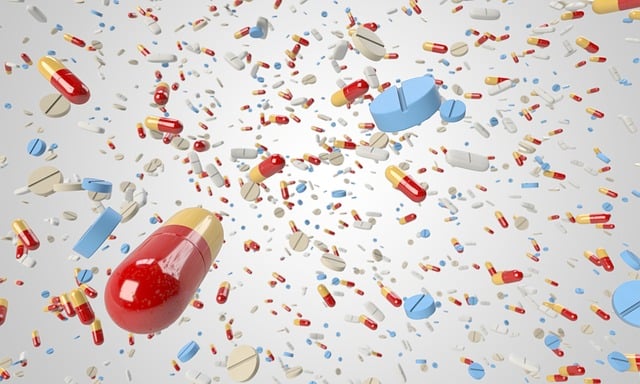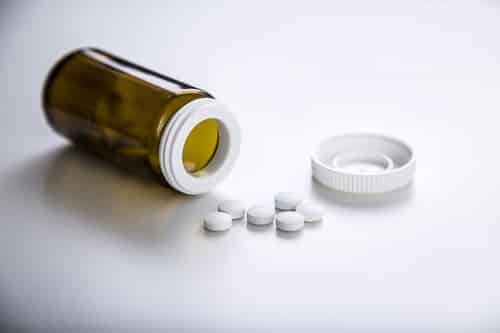
Vicodin Addiction
Vicodin is a prescription drug that combines the synthetic opioid hydrocodone with acetaminophen, a common analgesic found in Tylenol, Advil, and other over-the-counter pain relievers. When taken as directed, Vicodin is effective in alleviating severe pain in patients. However, due to its opioid properties, Vicodin is at high risk for misuse and abuse.
Vicodin is classified as a depressant. Depressants suppress breathing and heart rate, therefore the leading causes of overdose fatalities involving Vicodin are either cardiac or respiratory cessation. The CDC states that nearly 841,000 people have died in the past two decades from a drug overdose, with 70% of those fatalities involving an opioid.
The risk involved with abusing Vicodin is two-fold. The hydrocodone component presents high levels of addiction and dependence while the acetaminophen component can cause liver damage. The Centers for Disease Control additionally list hydrocodone as one of the most common drugs involved in prescription opioid overdose deaths. According to the National Center for Biotechnology Information, most of the 400 deaths due to acetaminophen poisoning each year result from the misuse of Vicodin or similar drugs.

The Vicodin High
Vicodin is typically taken orally in pill form but can also be crushed and snorted. Vicodin produces a high in which the user experiences:
Confusion
Loss of balance
Feeling of euphoria
Numbness
Fatigue
Depressed breathing
Muscle weakness
Dizziness
Depressed heart rate
Signs of Vicodin Abuse
Long-term Vicodin abuse can cause significant damage to health and may be fatal. Signs that someone is abusing Vicodin include:
Depression
Difficulty speaking
Impaired coordination
Cardiovascular Issues
Insomnia
Memory loss
Chronic fatigue
Seizures
Unconsciousness
Death

Vicodin Addiction Treatment
Vicodin is addictive and very dangerous when abused. It is extremely important to seek help immediately if you or a loved one is struggling with this addiction. At Asheville Recovery Center, treatment specialists utilize a 12-step program and practice holistic rehabilitation.
Services at the center include:
Partial Hospitalization Program – At Asheville Recovery Center we offer a partial hospitalization program for clients who need post-residential treatment as well as for clients who need primary treatment but are unable to enroll in inpatient programs. Our PHP track offers a variety of therapeutic services and benefits to individuals in early recovery from substance addiction. Our day program is full-time, offering all of the clinical hours provided in residential treatment (from 9 am to 5 pm) with the benefit of allowing clients to return home to a structured sober living environment at night. This gives individuals the opportunity to build a community of peers and practice life skills, such as cooking, cleaning, and self-care, while still participating in immersive and intensive clinical addiction and trauma treatment.
Outpatient Rehabilitation – During intensive outpatient treatment, clients live at home or in a sober living residence which can help keep them accountable for their recovery commitment. Our staff coordinates with local, reputable sober living homes to ensure that our clients are living in a safe place and that their needs are being met, even when they are not at clinical sessions. During this time, clients are also encouraged to become involved in local twelve-step fellowships, to find sponsors, and to begin working the steps of recovery through participation in these groups. IOP is a place where clients can process their experiences in twelve-step fellowships and support one another in those individual journeys.
Addiction is difficult to overcome alone. If you feel that you or a loved one is struggling with Vicodin abuse, our specialists are on standby and ready to help. Call (828)518-6996 and speak with an addiction expert today. You no longer have to struggle with addiction alone. We are here to help.
